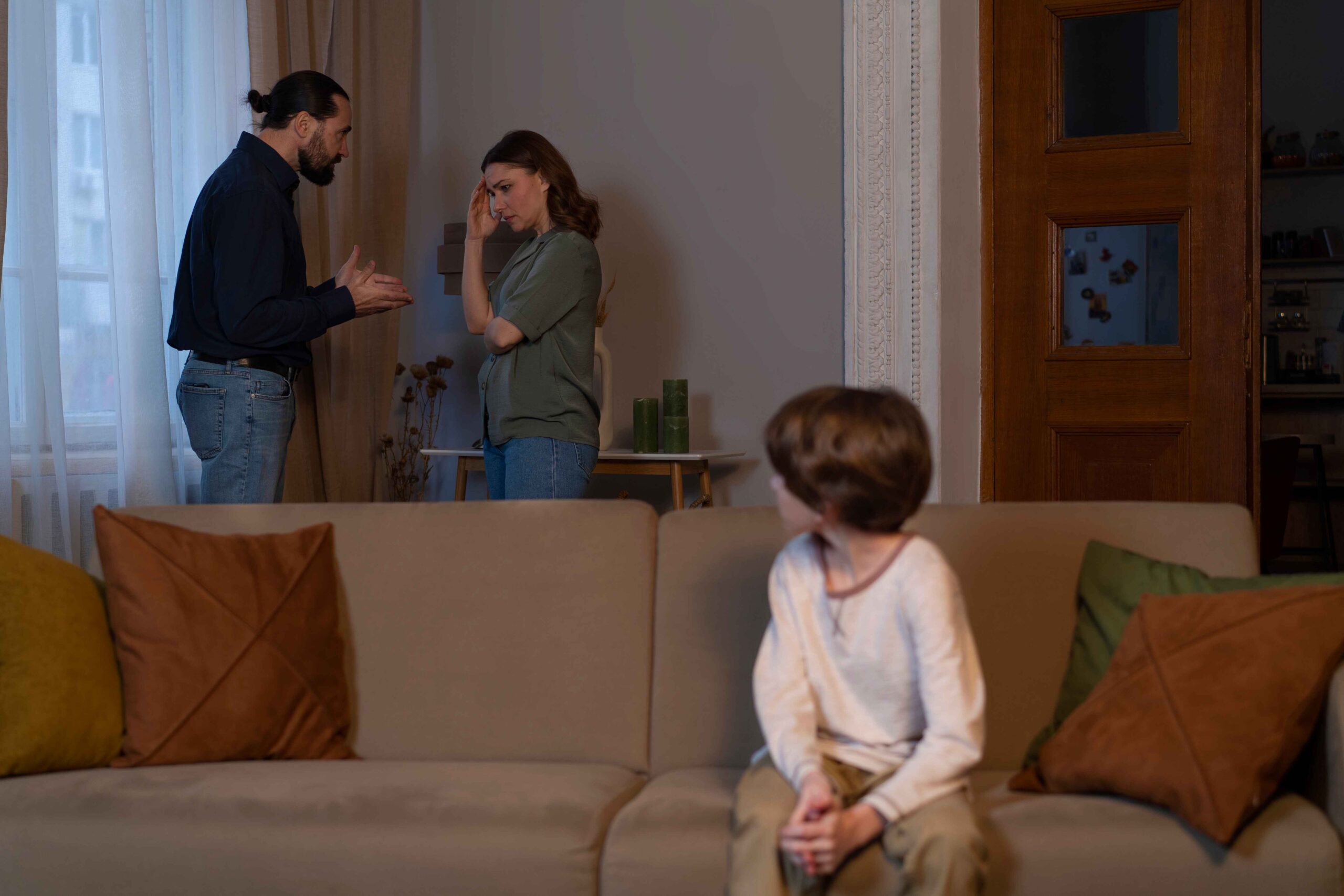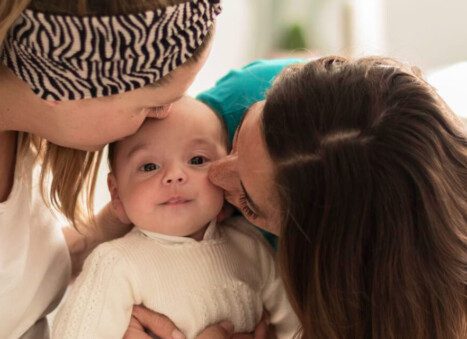
How Your Addiction Can Affect Your Child’s Childhood
We often see addiction as a very personal struggle, not really paying much attention to how it affects those around us. But there is significant damage it can cause to others, with the ripple effect stretching far and wide, from our colleagues to our children.
In fact, addiction can have a huge impact on the lives of our children and it’s one of the main reasons that parents eventually seek treatment via alcoholism rehab centres.
There are many ways in which our child’s life can be impacted by addiction, often leaving lasting scars. So it’s important for that to hit home and for you to get the help you need…
Disruption of Stability and Routine
One of the most immediate impacts of parental addiction is the disruption of a child’s sense of stability. Children thrive on routine, consistency, and predictability, which help them feel safe and secure in their environment. When a parent is struggling with addiction, these structures are often compromised.
A parent may be absent, emotionally unavailable, or unpredictable in their behaviour, leaving the child uncertain about what to expect. This instability can contribute to anxiety, stress, and difficulty forming trusting relationships later in life.
Emotional Neglect and Premature Responsibility
Addiction often monopolises a parent’s attention, energy, and resources, leaving little room for the emotional needs of their child. Children may feel unseen, unheard, or unimportant, fostering low self-esteem and feelings of worthlessness.
Some children attempt to fill this emotional void by taking on adult responsibilities prematurely, becoming caregivers for siblings or even for the addicted parent. While this might seem like maturity, it often robs the child of a normal, carefree childhood and places undue pressure on them.
Behavioural and Developmental Challenges
Behavioural problems are frequently observed in children of addicted parents. Exposure to substance misuse or addictive behaviours can normalise these patterns, making children more susceptible to similar behaviours later in life. Children may also act out as a response to stress, neglect, or feelings of helplessness, which can manifest as aggression, withdrawal, or difficulties in school.
Misunderstanding from teachers or peers can compound the child’s sense of isolation.
How Your Addiction Can Affect Your Child’s Childhood
Social Isolation and Stigma
The family environment shaped by addiction can influence a child’s social development. Children may feel embarrassment or shame about their parent’s behaviour and withdraw from social interactions, leading to loneliness or difficulty forming friendships.
Stigma associated with addiction may discourage the child from seeking help or talking openly about their experiences, exacerbating mental health issues such as depression and anxiety.
Mitigating the Impact
It is important to acknowledge that the effects of addiction are not inevitable nor irreversible. Early intervention, supportive relationships, and therapy can significantly mitigate the impact on a child. Open communication, consistent routines, and demonstrating healthy coping mechanisms can help children regain a sense of normalcy and security.
Support groups specifically designed for children of addicted parents, such as Al-Anon or Young Carers programmes, provide a safe space to express feelings and learn they are not alone.
Breaking the Cycle
Finally, understanding the impact of addiction on a child is crucial for both the child’s well-being and for breaking the cycle of addiction. Parents who seek help and commit to recovery demonstrate resilience and responsibility, teaching their children that challenges can be faced and overcome. Professional treatment, counselling, and community support can all contribute to repairing relationships and fostering a healthier environment.
Already have an account?
Sign In
Create your account
User added successfully. Log in









